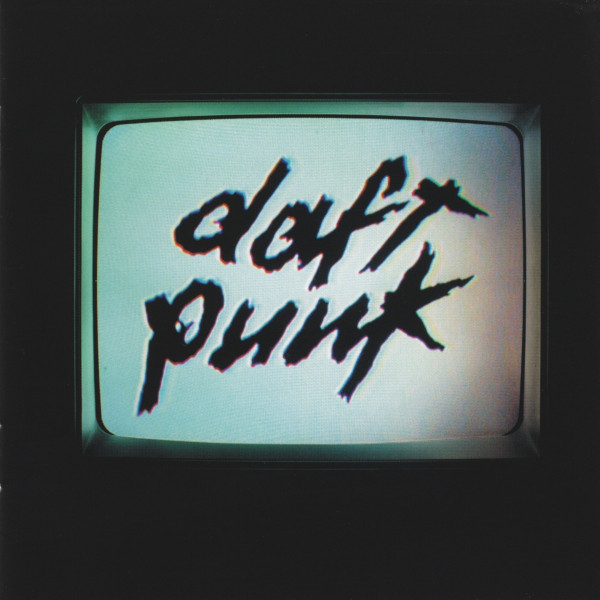Human After All

The French house duo “Daft Punk” just called it quits after 28 years.
The duo being made up of Thomas Bangalter and Guy-Manuel de Homem-Christo have retired after years making well known music for the world. They made music even before becoming robots, which came about when someone negatively reviewing their previous music in the paper, calling it “daft punky thrash,” creating the name Daft Punk, which they’ve used ever since. In those 28 years as Daft Punk, they’ve put out four albums (five if you include Alive 2007), all of which were different from one another. Their most controversial album being titled “Human After All.”
Daft Punk produced their third studio made album, “Human After All” in just six weeks, from September to November of 2004. Only two weeks were spent writing and recording for the album, as they spent four weeks mixing the album. It was very spontaneous, and that was on purpose. The duo are known for taking their time on an album, like their latest, and last album “Random Access Memories.” Released in 2013, took five years to make, and had a lot of production that went into it. So it was weird that “Human” was made in such a short amount of time.
“Human’s” sound is very different from the rest of Daft Punk’s discography. “Our first two albums are really happy, they make you feel good and make you want to dance,” says Bangalter, in an interview with Anthem Magazine. “It’s a natural high. On the opposing side, both “Human After All” and “Electroma” are extremely tormented and sad and terrifying looks at technology, yet there can be some beauty and emoting from it.”
The album was inspired by George Orwell’s “1984,” and his paranoid and oppressive world, and Paul Virilio, who says “you can’t innovate without creating some damage.” “Human After All” was never meant to make you feel comfortable, or like dancing.
With technology advancing every day, we humans are obsessed with making the best thing out there, and having the title of discovering something amazing. “For a big fraction of the 20th century, technology had a constant value. It would not date. But now we’ve entered into this race of technological improvements in processing power and memory. There’s a big risk now for work to age and become dated as quickly as the technology it’s glorifying as a subject,” Bangalter said, “And so technology has become more invisible with this record.”
Many critics will speak negatively about this album, often comparing it to their other music, wondering why they chose to make an album that doesn’t have near as much production as their others. Why did they go backwards? Bangalter says “Human” is about “not projecting into the future, but working on the present. Not completely forgetting the past but shaping the present in an interesting way.” It’s anti-progress, going back to the thoughts of Paul Virilio.
I think that the tracks go in and out of robot, and human. It plays on that idea of the tormented, sad and terrifying looks at technology, and the beauty and emoting from that. Such as, “Human After All,” “Make Love” and “Emotion”, which are inherently human tracks, and show the beauty. While tracks such as “Steam Machine,” “The Brainwasher,” “Television Rules The Nation” and “Technologic,” have a very robotic theme, and show that terrifying look at technology. Although critics don’t favor this album, and the production time was very short, it really does make you think. It has some amazing songs on it, that are well-known by people around the world. But I think that the best thing is the thought and meaning that went into it, it’s genius.
This album makes you think about the difference between robot and human. It has so much more meaning to it than critics are willing to see, occupied by the unusual sound. It’s supposed to give you that unusual feeling. It’s supposed to make you feel uncomfortable. It’s supposed to make you wonder about what might happen if humans continue to be so occupied with technology, and at what point does progress become destructive?











